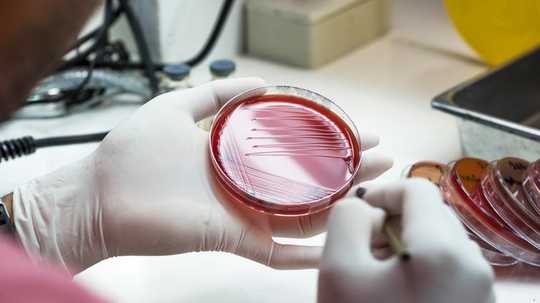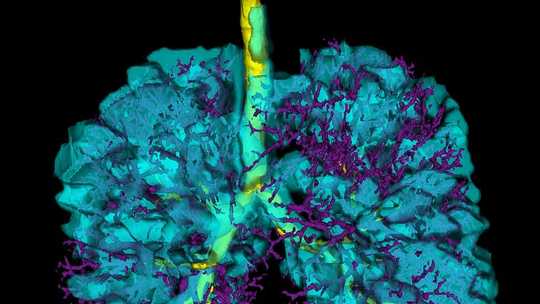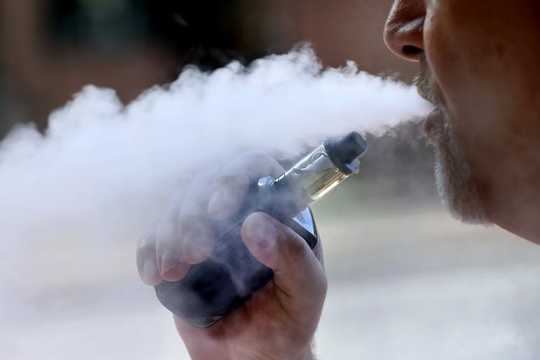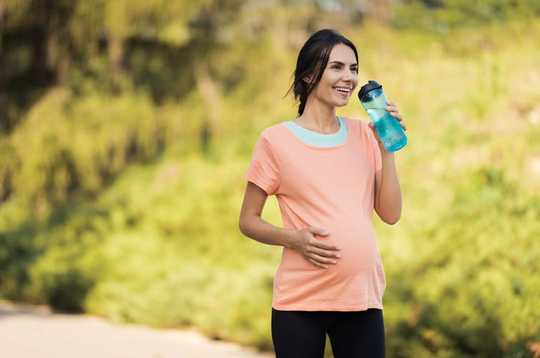
Why do we age? It’s a question that has had scientists scratching their heads for decades, but finally, we are starting to get some answers. Here is the story so far.

Widespread antibiotic use is largely to blame for the emergence of antibiotic resistant bacteria, which is currently one of the biggest threats to global health.

Physical inactivity is a global health problem. But despite overwhelming evidence that regular exercise is highly beneficial, the challenge of encouraging people to be more active remains.
- By Eldre Beukes

Despite the many groundbreaking medical advances of the last century, there are still some conditions that continue to perplex scientists.
- By Scott Lear

It’s well-documented that regular exercise is good for us. Being active can reduce your risk for a variety of diseases such as heart disease and cancer, as well as improving psychological well-being.

Vaping causes severe illness in otherwise healthy young adults and teenagers. It causes a life-threatening, life-shortening and sometimes deadly lung toxicity and injury — with apparently irreversible damage that cannot be cured

It’s hard to find anyone who hasn’t been touched by cancer. People who haven’t had cancer themselves will likely have a close friend or family member who has been diagnosed with the disease.

Food waste is costly — and not just dollars and cents. Food waste also has significant environmental and health implications.
- By Kent Willis

For the last hundred years, scientists have believed that humans develop in a womb that remains sterile and completely isolated from the collection of bacteria, fungi and viruses that make us sick when we emerge into the outside world.
- By Greta Guest

New findings challenge the wisdom of budgeting calories for the day, which is what weight-control programs like Weight Watchers and diet apps like MyFitnessPal use.

- By SciShow
A quarter of all prescription drugs in the U.S. come from substances that are found only in plants. In this episode of SciShow, we take a look at four of these talented plants who make our lives better.

Up to 35% of cancers worldwide might be caused by lifestyle factors such as diet and smoking. So how can we go about reducing our risk of bowel cancer?

The rise in cases of otherwise healthy young adults who have been hospitalized or even died from vaping-associated lung injury is alarming.

A 42-year-old man – a father, a husband, a son – has come to the emergency department with a splitting headache. It’s been there for months, slowly getting worse.

"Before the stroke, Ted was all business. Very serious. Since he’s recovered, he’s got such a sense of humor. He’s come almost 180 degrees now. He’s so much funnier, and all his humor—his dry sense of humor—has come out. It never came out before the stroke."

Expectant mothers receive an avalanche of information about potential risks to their baby.
- By Holly Hutton

At any one time, more than 1,400 Australians are on an organ transplant waiting list. The most common organs in demand are kidneys, followed by the liver and lung.

Adaptogens can greatly increase the effectiveness of some modern drugs, including antibiotics, anxiolytics (anxiety relief), antidepressants, and hypoglycemic (blood sugar lowering) agents. They also can reduce, and in some cases eliminate, the side effects of some drugs. They have a proven record of being safe, efficacious, and quite versatile in their treatment of many conditions.
- By James Leahy

Strides in medicine have contributed to a dramatic increase in life expectancy over the last century.

Some of the changes that happen to a woman’s body during pregnancy are more obvious than others.

Many people believe that chemicals, particularly the man-made ones, are highly dangerous.


















